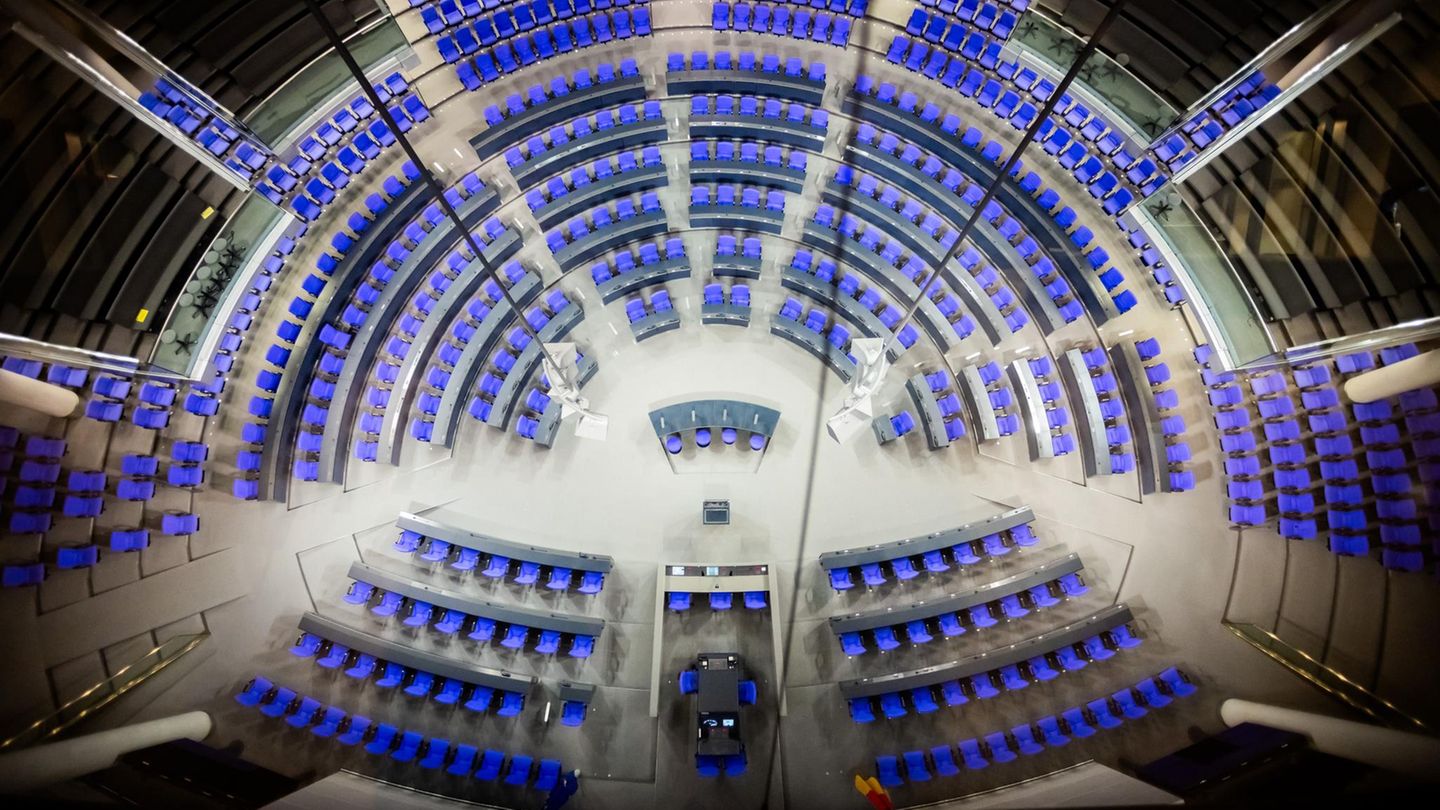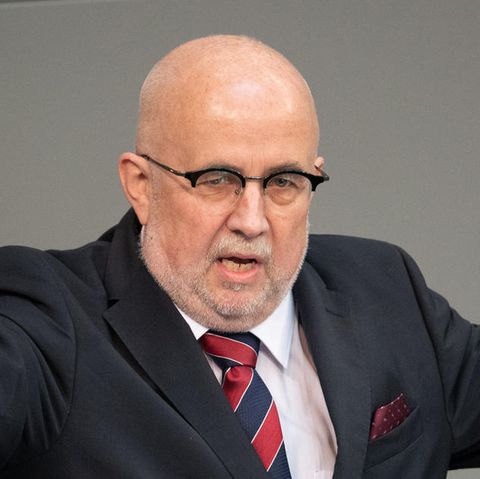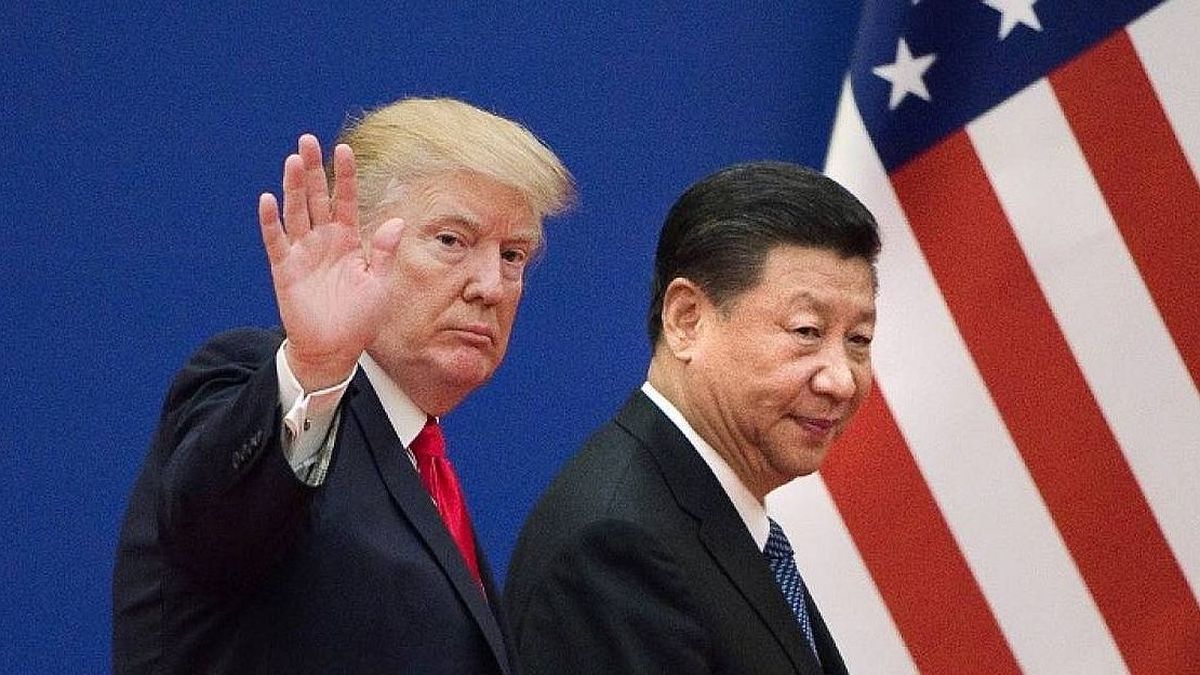Consequences of the vote
Scholz loses the vote of confidence. And now?
Copy the current link
For the first time in almost 20 years, the vote of confidence was asked in the Bundestag. Olaf Scholz’s plan worked. This is how it continues now.
It is the decisive step on the way to the new Bundestag elections on February 23rd: Citing Article 68 of the Basic Law, Chancellor Olaf Scholz asked the members of Parliament this Monday to express their confidence in him – in order to achieve the opposite. You can read here in the live ticker about the question of trust today from Olaf Scholz. And now? Read the most important questions and answers after the vote of confidence in the German Bundestag.
What happens after the loss of trust?
First it is the Federal President’s turn. Scholz will suggest to Steinmeier that the Bundestag be dissolved, which he then has three weeks to do, i.e. until January 6th. If the Federal President decides to do so, which is considered safe, the new election must take place within 60 days. The SPD, the Greens and the Union, the largest opposition faction, have agreed on February 23rd as the election date. The Federal President has already made it clear that he considers this date to be realistic.
Is Scholz still fully capable of acting?
The Chancellor and his government remain in office – in full and not just on an executive basis. According to Article 69 of the Basic Law, the office of the Federal Chancellor and his ministers only ends with the constitution of the new Bundestag, a maximum of 30 days after the election. If the negotiations on a new government coalition have not yet been completed at this point, the Federal President can ask the old government to continue in office until the new one is sworn in.
Is the Bundestag still able to act after the dissolution?
Yes. It will remain in effect with all its rights and obligations until the new Bundestag meets. Parliament can meet again at any time, it can continue to pass laws, and its committees such as committees of inquiry also continue to exist until the end of the electoral term. This end is reached with the first meeting of the newly elected Bundestag.
Is it realistic that the Bundestag can still achieve something?
Scholz is calling for the passage of several legislative proposals with financial relief before Christmas. “A solidarity of the democratic center on these important issues would be a strong signal,” said the SPD politician after submitting his motion for a vote of confidence. He appealed to the opposition: “Let us act together in the interests of the citizens.”
Is the opposition taking part in this?
Most things are blocked, but individual projects could still work: the Union and the FDP both want to agree when it comes to making the Constitutional Court more resistant to influence and blockage by enemies of the constitution. At least the FDP wants to agree to a law to compensate for the cold progression in income tax and for more child benefit – but it could then fail in the Federal Council because of the Union-led states. A law for the underground storage of climate-damaging carbon dioxide (CO2) could also come – the Union and the FDP have both signaled their approval here.
Editor’s note: This article was updated after the plenary session.
DPA
be/wue
Source: Stern
I have been working in the news industry for over 6 years, first as a reporter and now as an editor. I have covered politics extensively, and my work has appeared in major newspapers and online news outlets around the world. In addition to my writing, I also contribute regularly to 24 Hours World.





